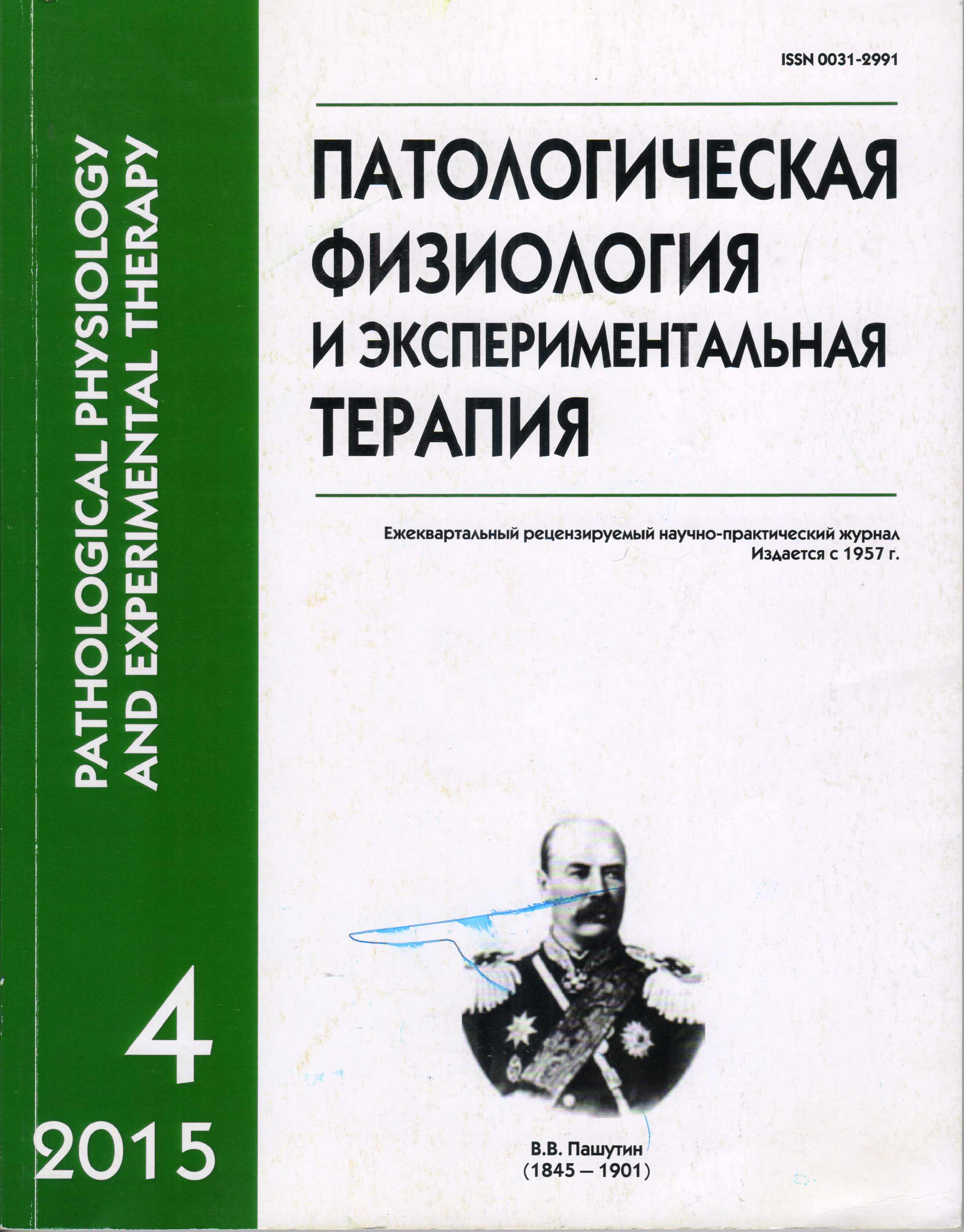Ранняя социальная изоляция увеличивает агрессивность и нарушает кратковременное
Ключевые слова:
крысы, социальная изоляция, двигательная активность, агрессия, сенсомоторная реактивность, кратковременное привыкание, акустический стартл-ответ, тревожность, депрессивно-подобное состояние
Аннотация
Длительная социальная изоляция в раннем онтогенезе приводит к различным изменениям поведения и когнитивной дисфункции у взрослых крыс, однако данные о нарушениях противоречивы. В настоящей работе изучены последствия ранней социальной изоляции у крыс Вистар по показателям психомоторной активности, агрессивности, тревожности, депрессивно-подобного поведения, сенсомоторной реактивности и кратковременного привыкания в акустическом стартл-рефлексе. На 24-й постнатальный день крыс отлучали от матери и содержали по одной в клетке в течение девяти последующих недель. Поведение животных оценивали в возрасте одного, двух и трех месяцев. Сразу после отлучения от матери крысы опытной группы не отличались от контроля ни по одному из показателей. После четырех недель социальной изоляции крысы демонстрировали усиление агрессивности в тесте зоосоциального взаимодействия. У крыс, подвергнутых 8-недельной социальной изоляции, повышенная агрессивность сопровождалась усилением активного неагрессивного взаимодействия на фоне незначительного увеличения двигательной активности в приподнятом крестообразном лабиринте (ПКЛ). Ни на одном из сроков обследования крысы, содержавшиеся изолированно, не отличались от контрольных животных по показателям тревожности в ПКЛ, по тревожно-фобическому уровню, который определяли в батарее тестов, и по длительности иммобильности, характеризующей депрессивность в тесте принудительного плавания. Через 8 нед изоляции крысы увеличивали суточное потребление жидкости за счет усиления потребления сахарозы. Через 9 нед изоляции амплитуда акустического стартл-ответа и его предстимульное торможение, характеризующее состояние сенсомоторного входа, не отличались от контрольных значений, однако кратковременное привыкание в акустическом стартл-рефлексе было нарушено. По полученным данным крыс Вистар, подвергнутых длительной социальной изоляции, можно рассматривать как модель повышенной агрессивности с признаками когнитивного дефицита по показателям неассоциативного обучения в акустическом стартл-рефлексе.Скачивания
Данные скачивания пока недоступны.
Опубликован
21-12-2015
Как цитировать
Крупина Н. А., Хлебникова Н. Н., Орлова И. Н. Ранняя социальная изоляция увеличивает агрессивность и нарушает кратковременное // Патологическая физиология и экспериментальная терапия. 2015. Т. 59. № 4. С. 4–15.
Выпуск
Раздел
Оригинальные исследования













